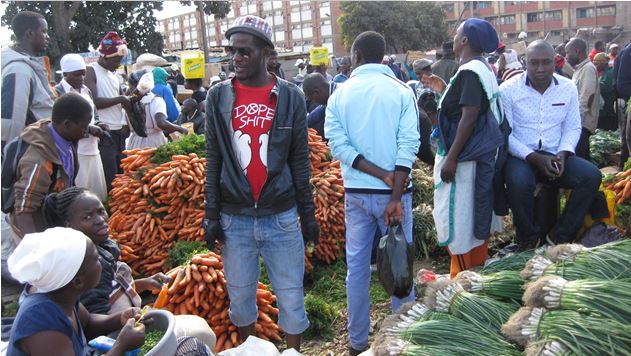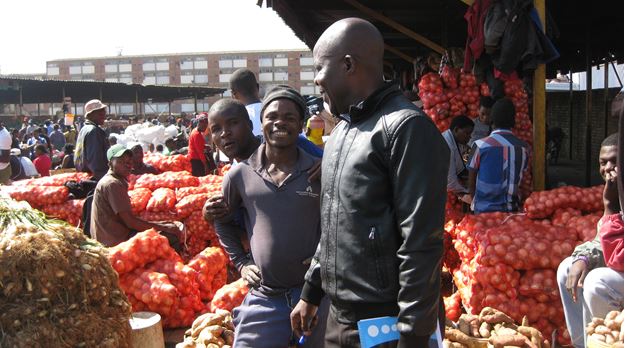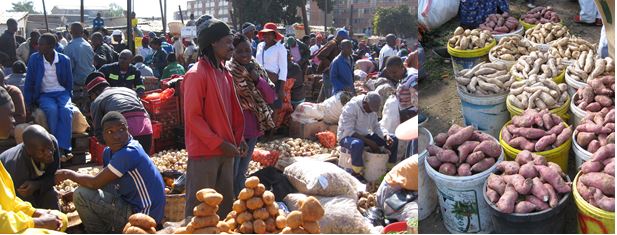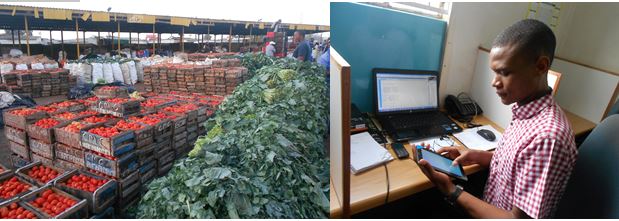A dozen shades of middlemenship in African agribusiness
Although it has existed for more than 100 years, middlemenship or intermediation continues to be misunderstood in agro-based African countries. Contrary to what most farmers and policy makers think, it’s not about people acting as middlemen but middlemenship as a practice whose features range from excellent to bad. Depending on type of commodity, market integration Read more about A dozen shades of middlemenship in African agribusiness[…]








